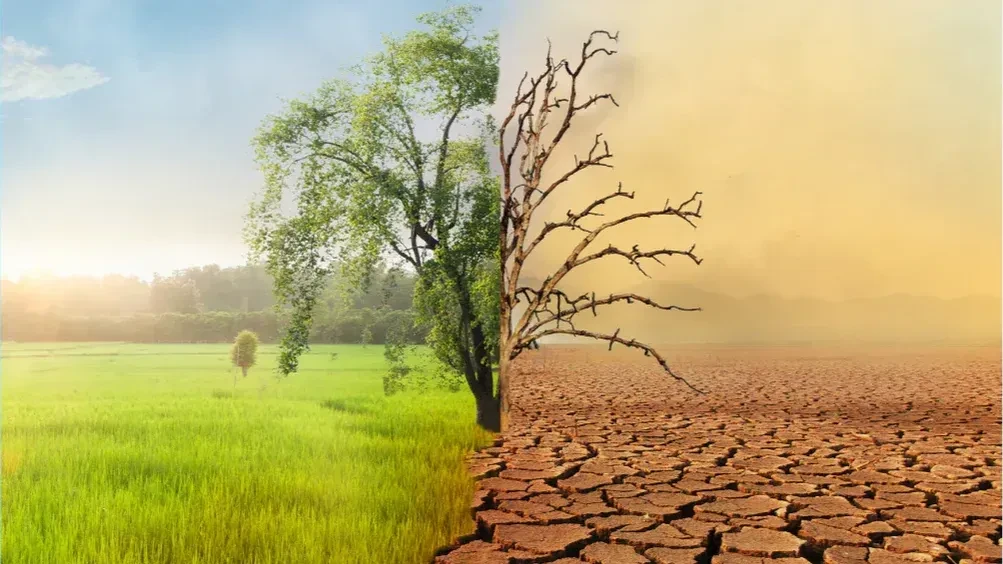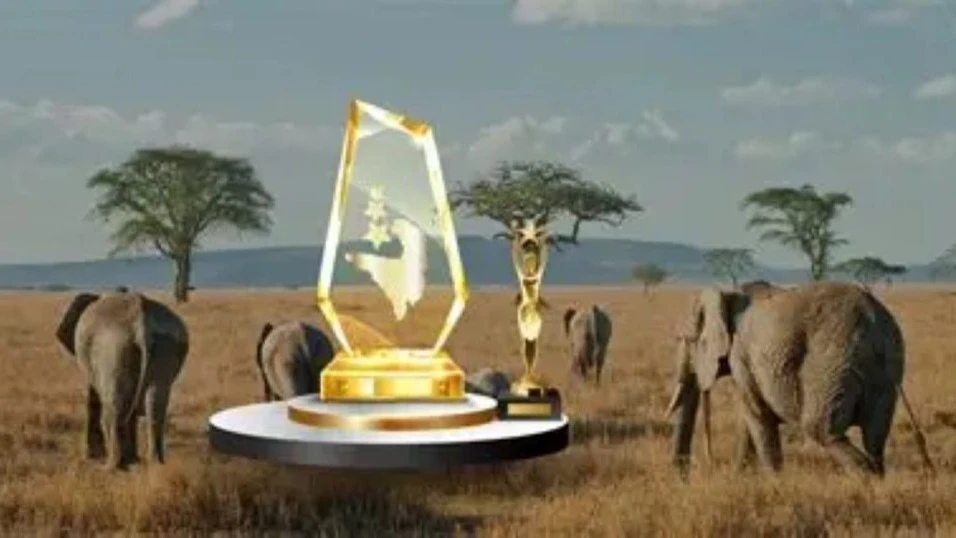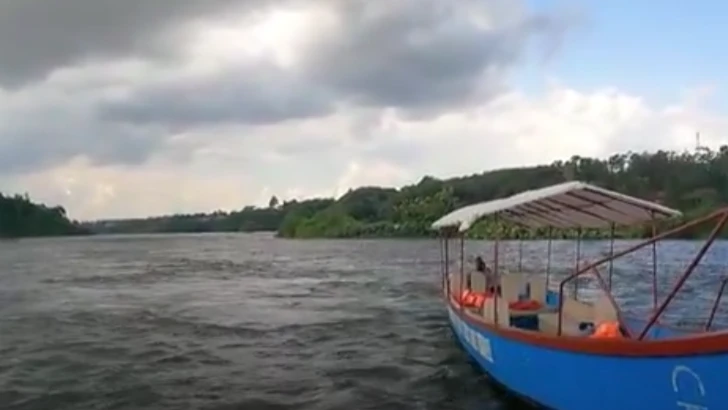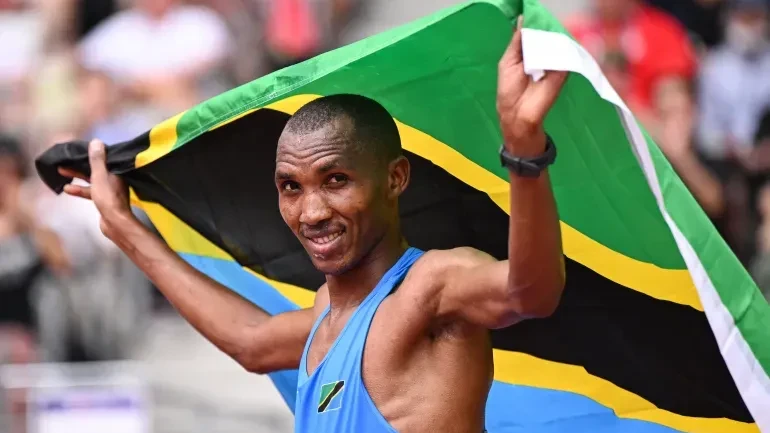In climate financing, Africa needs new tack to foster global solutions

A SEARCH for paradigms for solutions apparently stalks African leaders in the quest for solutions on climate financing globally and the role African countries occupy or could conceivably take in that situation.
While in conceptual terms it is a matter of what models work in the situation and how the world’s leading economies could converge around those issues or such models, the matter is different in the real world.
It is a question of sentiments being expressed at the national level and how those feelings coalesce at the diplomatic level. It essentially means talking to each other gently to strike useful formulas, where governments have long experience.
That is what has happened each year at successive climate change global conferences, where countries seek to find common points to push a perspective that appeals to a specific group of countries.
Naturally, elements of such formulas are eventually accepted. However, as they are tied to economic precepts which other blocs of countries would not share, they end up being taken up halfway or otherwise marginally, a situation which opens a diplomatic dilemma.
African countries are put in a position where they have no option but to reiterate key needs as a key condition for a successful global round of talks, so plenty is done to hype up formulas as crucial.
It is in that context that African leaders have lately declared that the continent need not be seen as a victim of the global climate crisis but as a continent of solutions.
The position was expressed or rather amplified by the bloc’s current chairman, Kenyan President William Ruto, at a summit at which more than 25,000 delegates sought to accelerate climate solutions across the continent.
This sort of gathering is by no means a mere talking shop but is chiefly intended to provide a platform to synchronise Africa’s needs with what those in progressive circles in Western countries believe could conceivably be done.
There was considerably much to show in relation to financing African-led adaptation, mitigation and green-growth initiatives, with summit participants appealing for a change of mindset on financing Africa’s climate change mitigation demands.
One aspect was the affirmation that the methods Africa has taken up hold the keys to the world’s sustainable future if bold choices are made now – in other words, if adequate financing is soon provided.
That is exactly where the shoe pinches, for Western conservatives see the issue in a business context. Thus, adopting renewable energy is a matter of tax incentives for investments, not global public financing.
It isn’t surprising that Africa fails to move up the ladder to this outlook, despite insisting in numerous forms that it has plenty of investment opportunities but single out climate financing basically in terms of carbon trading rather than changing the reality on the ground.
International media reports show that plenty is already being done towards changing realities arising from climate change including by opening up water desalination as a business for countries bordering or enclosing the Sahara Desert.
Our own government has played some part in expanding irrigation initiatives in various regions, but there are few public-private partnerships in the area – and this hinders the extent of picking up projects. It also makes global financing more important than it would otherwise be, as many public authorities in the Global South prefer state-led solutions.
Top Headlines
© 2025 IPPMEDIA.COM. ALL RIGHTS RESERVED

















